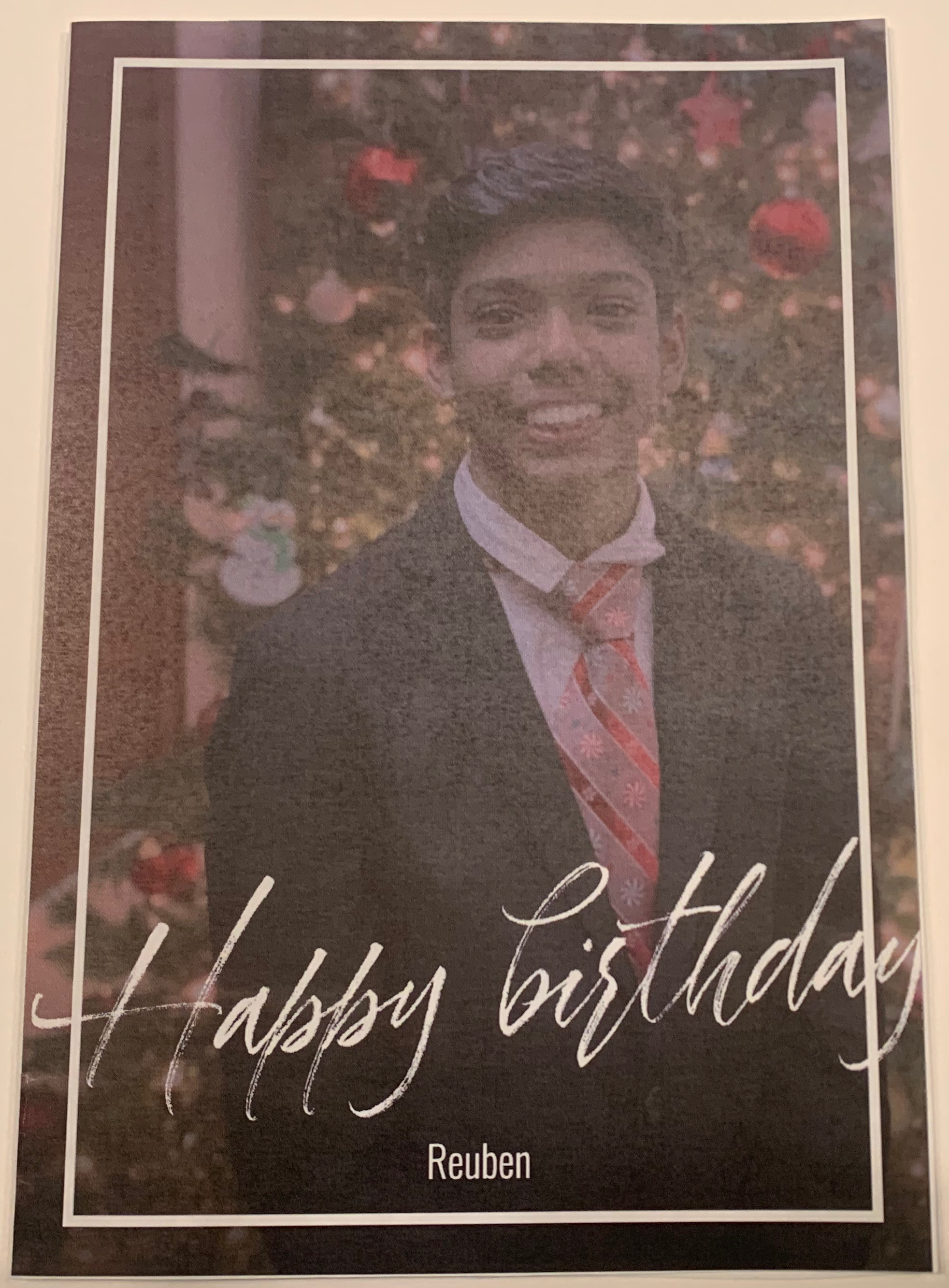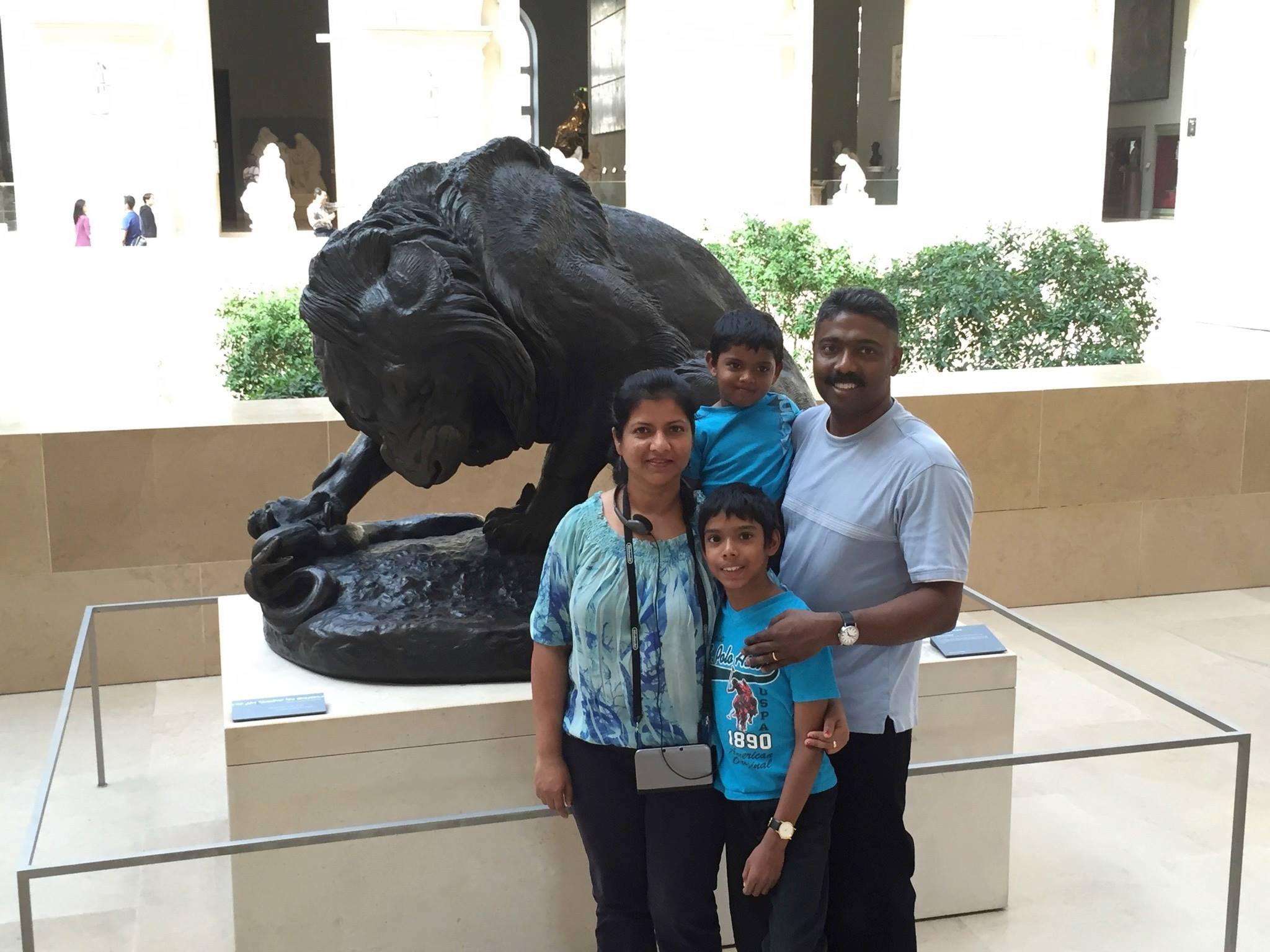Following the murdering of the Shechemite men by Jacob’s sons, Simeon and Levi, Jacob frets wondering if the inhabitants of the land, where he sojourned would come after him with vengeance and slay him and his family. He expresses to his sons, that their reputation of being a people of peace (Genesis 34:21) was now tarnished and that their cruel attitude and sellfill action (Genesis 49:5-7) would now deem him odious as a stench in the land (Genesis 34:30).
And God tells Jacob, implying that God intervenes and tells Jacob to leave that land and go up to Bethel, where Jacob had encountered God the first time as he was fleeing from his brother Esau (Genesis 28:18-22). Noteworthily, God even tells Jacob that when he gets there, he is to dwell there and make an altar unto God, making this historic as the building of an altar up until this time was a response of men when they had an encounter with God (Genesis 8:20, 12:7-8, 13:18, 22:9, 26:25, 33:20), and not a requirement of God.
Now when Jacob comes to his household, in addition to informing his house of God’s command and direction, he essentially tells his house to get in order. He asks them to do three things.
- Put away (Purge)
- Be clean (Purify yourself), and
- Change garments (Put on new garments).
He edicts them to put away any other gods (Exodus 20:3); which is rendered in the text as strange or foreign gods. Then they are to purify themselves by washing (Exodus 30:19-21, Leviticus 14:28) and put on new garments changing from their old attire (Leviticus 6:10-11).
These strange gods are possibly a reference to the idols that Rachel had stolen (taken and sat upon, hiding them) from her father’s household (Genesis 31:34) or any idols that the sons of Jacob may have plundered and assumed from the Shechemites (Genesis 34:29). Jacob (who will be rechristened for a second time as Israel by God) and his household are to have no other gods before them. His family obliges and gives him all the foreign gods and all the ornaments (earrings) that could be fashioned into dead gods (Psalm 115:3-8), which Jacob hides under an oak by Shechem and leaves the land.
Fearing God, the people of the land, refrain from pursuing the sons of Jacob. When Jacob comes to Bethel (formerly called Luz – Genesis 28:18-19) in the land of Canaan, he built an altar there as God had commanded him to and called the place Elbethel, meaning, God (El) the House (bayith/beth) of God (El) or God of The House. Earlier he had called the altar he had built in the land of Shechem – EleloheIsrael, recognizing that God was His God, the God of Israel. We could infer that his expression Elbethel from EleloheIsrael is a recognition of God being his God and the God of his house or that his house ought to be as the house of God.
Rebekah’s nurse, who accompanied Rebekah when she went to marry Isaac (Genesis 24:59), though unnamed there is identified here as Deborah, dies in Bethel and is buried under an oak in Bethel and that was called Allonbachuth (meaning the oak of weeping). How Deborah (meaning bee or wasp, having the Hebrew root dbr meaning to speak) is with Jacob is not explicitly mentioned, although some speculate that she must have fled with Jacob or sent later by Rebekah to tend to Jacob in her brother, Laban’s house. We do not know for sure, but she is recorded by name in the Scripture when she accompanied the bride-to-be, Rebekah, and when Rebekah’s son, Jacob, returns to the land.
Points to Ponder:
We are commanded to walk in faith and be on a journey toward God’s promised land. As we trek, we must be solely dedicated and devoted to God alone and put away or purge all idolatry from our lives. Literally, all idols (power, pleasure, position, popularity, etc) ought to be buried in the ground, under a strong tree (like an oak), never to be unearthed. We are to seek God’s forgiveness and repent of our sins and be made clean allowing God to purify us and wash us by his blood (Ephesians 5:25-26, 1 John 1:7, Acts 22:16), and we are to put on the new man, Jesus Christ, and put off the old self (Ephesians 4:23-25).
Is your house, or should I say, heart, in order? Is your heart one in which God is housed? In other words, is your heart cleansed from evil conscience (Hebrews 10:19-21) and in order meaning, have you believed in the Lord Jesus Christ acknowledging his Lordship alone, and asking for his forgiveness so that you are washed clean, and changed to become more like Him? Do you believe in Jesus Christ?
Genesis 35:1-8 (KJV)
1 And God said unto Jacob, Arise, go up to Bethel, and dwell there: and make there an altar unto God, that appeared unto thee when thou fleddest from the face of Esau thy brother.
2 Then Jacob said unto his household, and to all that were with him, Put away the strange gods that are among you, and be clean, and change your garments:
3 And let us arise, and go up to Bethel; and I will make there an altar unto God, who answered me in the day of my distress, and was with me in the way which I went.
4 And they gave unto Jacob all the strange gods which were in their hand, and all their earrings which were in their ears; and Jacob hid them under the oak which was by Shechem.
5 And they journeyed: and the terror of God was upon the cities that were round about them, and they did not pursue after the sons of Jacob.
6 So Jacob came to Luz, which is in the land of Canaan, that is, Bethel, he and all the people that were with him.
7 And he built there an altar, and called the place Elbethel: because there God appeared unto him, when he fled from the face of his brother.
8 But Deborah, Rebekah’s nurse died, and she was buried beneath Bethel under an oak: and the name of it was called Allonbachuth.



